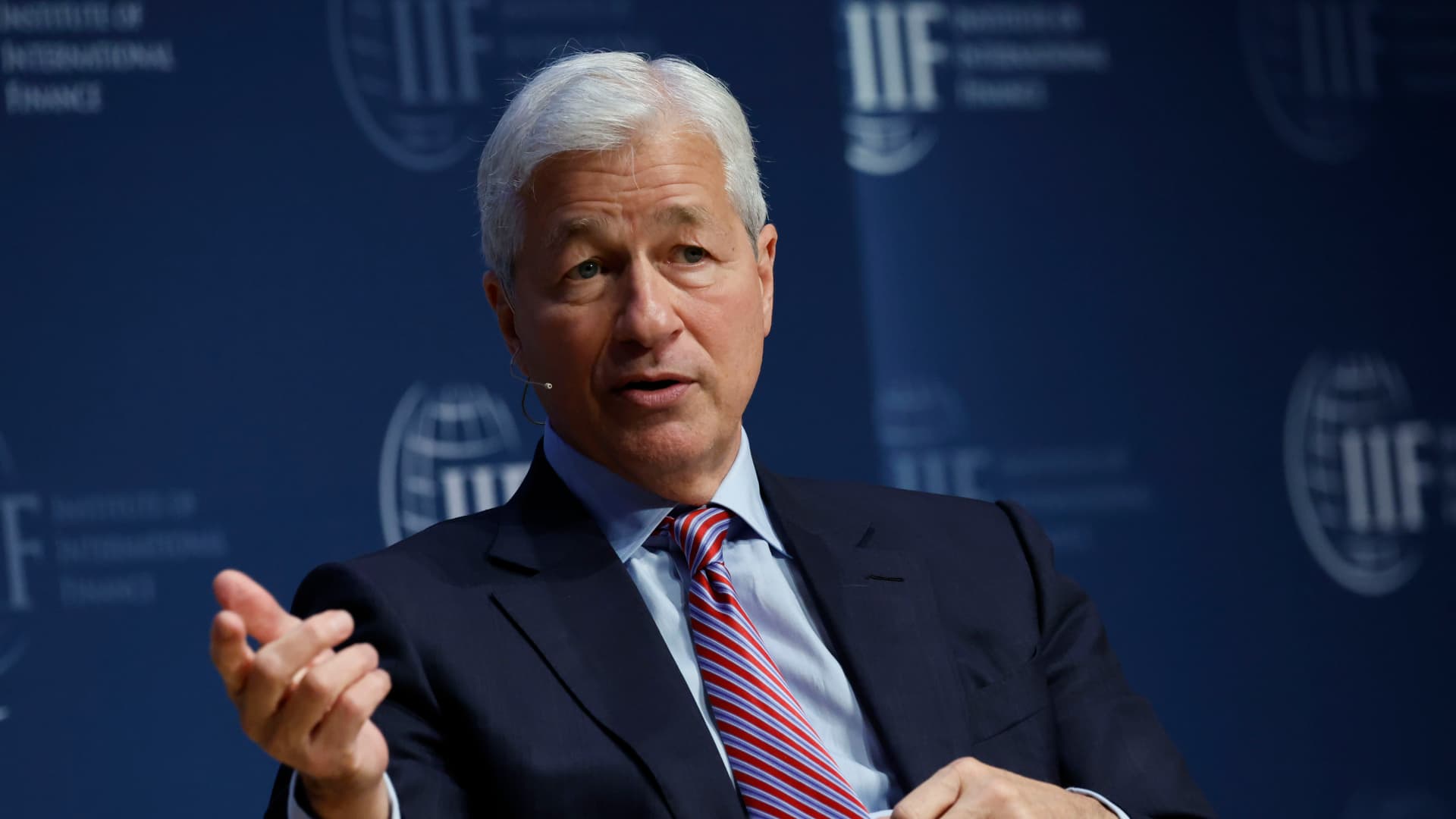Artificial intelligence is poised to demonstrate the extent of human potential intelligence

The Seattle region finds itself deeply entrenched in the competition for supremacy in artificial intelligence (AI). The latest indication of this comes from Amazon’s ambitious plan to invest over $150 billion in data centers worldwide over the next 15 years. Originally conceived in the 1940s, data centers have evolved significantly, particularly with the rise of cloud computing, and have now become indispensable, especially in the era of AI.
The surge in demand for AI applications has spurred a race among major tech giants and startups alike to seize opportunities. Seattle-based Amazon, the dominant player in the cloud computing market, holds a substantial lead over its closest rival, Microsoft. Kevin Miller, a vice president at Amazon Web Services, highlighted the company’s aggressive expansion efforts to cater to customer needs.
Amazon Web Services, established in 2002, oversees various aspects of Amazon’s operations, including cloud computing. The investment announcement follows a decline in data center spending last year, marking the first downturn in history. Plans entail expanding existing server hubs in strategic locations such as northern Virginia and Oregon, as well as venturing into new territories like metropolitan Phoenix, Texas, and Saudi Arabia.
Amazon’s colossal investment in data centers surpasses that of Microsoft or Alphabet (Google’s parent company), although precise figures from these companies are not consistently disclosed. In addition to bolstering its infrastructure, Amazon is actively participating in the AI landscape by investing billions in AI startup Anthropic. Moreover, Seattle’s startup ecosystem is flourishing, with companies like Read AI securing significant funding to deliver AI-powered productivity tools.
Renowned economist David Autor sees AI as a potential remedy for restoring the middle-skill job market in the United States. Generative AI, capable of producing various forms of data, holds promise in expanding sectors such as healthcare, software, and education. However, concerns linger about the societal implications of widespread AI adoption, with estimates suggesting significant job displacement globally.
While AI presents numerous opportunities, it also poses challenges, particularly concerning environmental sustainability and resource consumption. Data centers, essential for AI infrastructure, are water-intensive and energy-demanding, raising concerns about their environmental impact. Additionally, protests have erupted over Amazon’s reliance on natural gas for its data centers, highlighting the need for renewable energy adoption.
As AI continues to evolve, it holds immense potential to shape various aspects of human society, from employment and industry to healthcare and education. However, ethical considerations and environmental sustainability must be prioritized to ensure AI’s beneficial impact on humanity.



